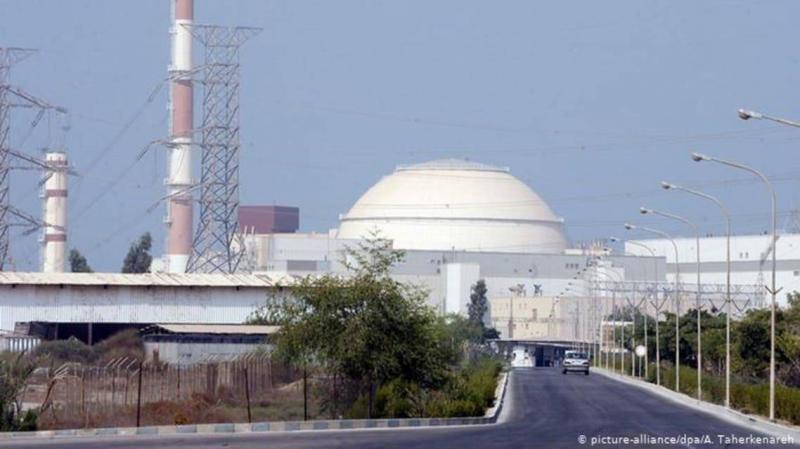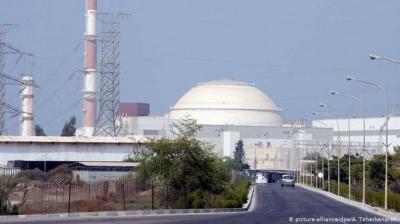The Deputy Director General of the International Atomic Energy Agency (IAEA), Massimo Aparo, will travel to Iran next week in a visit related to the tensions surrounding the Islamic Republic's imposition of restrictions on the agency's inspectors within its territory, according to diplomatic sources on Saturday. Kazem Gharib Abadi, the Iranian ambassador to the UN-affiliated agency, stated on Twitter that Aparo's visit "falls within the framework of routine verification activities" stipulated in the safeguards agreement associated with the Nuclear Non-Proliferation Treaty. He added, "There are no discussions anticipated in Tehran."
A European diplomat based in Vienna confirmed this information. The diplomat told Agence France-Presse that "the matter concerns going to the Natanz enrichment facility and verifying that inspectors have appropriate access to the sets" of centrifuge equipment used in uranium enrichment. Iran had restricted the IAEA inspectors' access to the Natanz site following an explosion on April 11, which the Islamic Republic attributed to Israel. According to the European diplomat, these restrictions will be "fully" lifted in the coming days.
In response to a question from Agence France-Presse, the IAEA declined to provide any details. The agency's spokesperson stated that "Deputy Director General Aparo travels regularly to Iran" to verify the implementation of safeguards. This visit by the senior agency official to Iran comes amid ongoing tensions between the two parties due to the Islamic Republic's failure to extend a temporary arrangement that allows the agency to maintain a certain degree of oversight over the nuclear program, despite the limitations Iran has placed on inspectors' work since February.
Under this arrangement, Iran continued operating IAEA cameras at certain facilities but retained their recordings. The Islamic Republic has stated that it will hand over the recordings to the agency if Washington lifts sanctions by the end of the agreement's deadline, threatening to delete all recordings if U.S. sanctions are not lifted. The agreement lasted three months and was extended for an additional month, which ended on June 24. The Iranian government spokesperson, Ali Rabiei, mentioned on Tuesday that the issue is under discussion.
This dispute between the IAEA and Tehran is impacting ongoing talks in Vienna to revive the nuclear agreement made in the Austrian capital in 2015 between the Islamic Republic and major powers, which the United States withdrew from under former President Donald Trump. The 2015 agreement allowed for the lifting of sanctions imposed on Tehran in exchange for curbing its nuclear activities and ensuring the peaceful nature of its program. However, the impact of this agreement has effectively been rendered void since Trump decided to unilaterally withdraw the U.S. from it in 2018 and reimpose severe sanctions on Iran. New U.S. President Joe Biden has expressed his intention to bring the country back into the agreement, contingent upon Tehran returning to its full commitments, which it has gradually begun to roll back after a year of the U.S. withdrawal.




